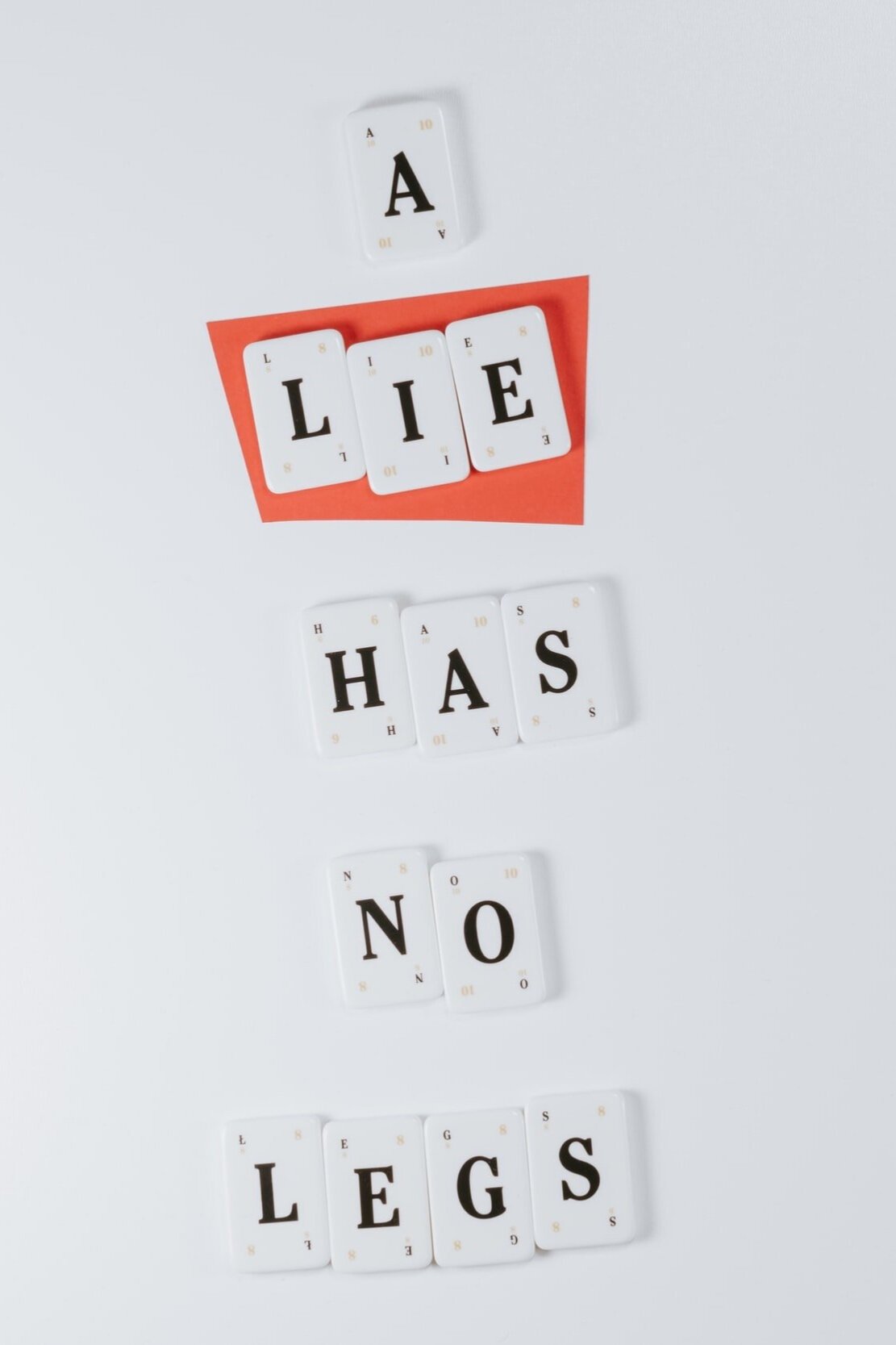Hot Takes
Things that need to be said
There are no shortage of so called “experts” online claiming to have the best kept secrets in fitness. Each one presented as some previously unknown tidbit or industry guarded hack that professional athletes are keeping for themselves.
Most of the claims are rooted in half truths, or cherry pick pieces of exercise science to justify their opinions. But for the majority of people, these health and fitness secrets are a usually waste of time or even worse… just a way to separate you from your loose change. You only have so much time and energy so when you’re starting out it’s important to focus on the right things.
Chances are you’re asking the wrong questions
When people are first starting out they have a lot of questions. And that’s a good thing. But the fitness media machine usually has people worried about the wrong things. Below are some of our not so controversial opinions on a few hot button FAQs. And again, this is geared for beginners looking for a place to start. So those out there looking for every competitive edge to win Mr. Olympia, this probably doesn’t apply to you.
When is the best time to consume protein?
The Question you should be asking instead is: How much protein do you need to consume consistently on a daily basis? The idea of protein timing is something that is becoming more popular from people trying to sell protein powders, bars and ready made shakes. They will tell you that unless you slam that shake at the exact right time, you’re not getting anything out of it. Is there an optimal time to consume protein so your body uses it most effectively? Sure. For BEGINNERS, is this the most important thing to keep in mind during your fitness journey? absolutely not. Unless you’re a body builder or a professional power lifter looking for that fraction of a percent edge over the competition, carefully “timing your protein intake” is a waste of time. It’s much more important to make sure your total protein intake is at the right level to reach your goal. A good rule of thumb for people wanting to build lean muscle is consuming 1 gram of protein per pound of your own body weight.
What is the best pre-workout supplement?
The question you should be asking instead is: Why is your energy low enough you feel the need to consume pre-workout? I’ve never been a fan of pre-workout drinks or powders. My workout partner in High School swore by thermogenic energy drinks to power his workout, but then why weren’t his results any better than mine? And most of those drinks were pulled from the market years ago for being downright dangerous. Also…folks dry scooping pre-workout is one of the dumbest fitness trends I’ve seen in a long time. So why are you so tired and unmotivated for your workout? Start with worrying about getting a good nights sleep, proper hydration and a good warm up before your workout before dry scooping anything.
Let’s stick with supplements…
Should I be taking (fill in the blank)?
Wether it’s Ashwagandha, red mango, CLA, BCAAs, new clients are obsessed with supplementation. And it’s easy to see why. Nearly all of these are marketed as “easy fixes.” Take a pill and hit your goals. Who wouldnt’ want that? The question you should be asking instead is are you consuming adequate nutrition through the food you eat? Spending your time focusing on the right balance of protein, healthy fats, and healthy carbs (macro nutrients) and eating foods dense in vitamins and minerals (micronutrients) is way more efficient and easy on the wallet that filling your medicine cabinet with the latest and great supplements. Do supplements have their place? Of course, but they aren’t meant to replace an already balanced nutrition program. And most of them are only going to give you a minuscule bump in performance, which unless you’re incredibly fit already, you probably won’t even notice. So if you’re a body builder trying to shed that last 1/2% of body fat for an upcoming show, maybe Hydroxycut will get you there. But for most of us, it’s better to focus on overall nutrition.
What supplements do you take?
The question you should be asking is whether your goals and mine are similar. If our goals aren’t aligned it doesn’t automatically make sense for you to follow protocols in the gym, or on the plate that work for me. But as a trainer I’m perfectly ok being transparent about what I take. Currently the only supplements I take are a protein powder, creatine monohydrate, and a multivitamin. I have dabbled in other supplements in the past like test boosters, BCAAs, and a host of others but never noticed enough of a difference to continue using them for long.
More bulls*#T
What is the “best” diet and why is it going Vegan?
Ok, I’m having a little fun with the radical vegans here (don’t worry much love for the plant based crowd) but this is a version of a very common question trainers get asked all the time. So what is it? Carnivore? Vegetarian? Atkins? Keto? Paleo? Intermittent Fasting?
The question you should be asking is what nutrition plan can you stick to long term. The best diet is one you enjoy. If you crave potatoes and bread like I do, then cutting all carbs is going to make you miserable. Miserable diets = short term diets. To gain a healthy relationship with what you eat, focus on healthy foods you actually like and build from there. Prioritize minimally processed foods and make sure you’re intake of macro and micro nutrients is inline with the goals you’re trying to achieve. As always, consistency is key.
I just want to get toned. Will lifting weights make me bulky?
As a classic “hard gainer” this one drives me craaaaaaaazy. If getting bulky was as easy as lifting, i PERSONALLY wouldn’t need to work so hard to make gains of any kind!
Ok, i’ve calmed down. Let’s tackle the first part of this. There’s no way to “Tone” a muscle. Muscles grow by adapting to the stress we place on them. Muscles shrink because of disuse. That’s it. Muscle tone comes from the muscle increasing in overall size, and losing the fat around those muscles so they are more defined.
As far as lifting making you bulky? Bulky doesn’t happen in the gym. It happens on the plate. You can lift all day every day,but if you’re not in a consistent calorie surplus with adequate protein intake, you can’t even hope to gain the bulk you’re picturing in your mind. And for most, it’s harder to “eat Big” than you’d think.
Last but not least
How do I get a six pack/lose fat on my arms?
I group these two common questions together because they both get at a big fitness myth that refuses to die no matter how many people try to kill it. The fact remains, you can’t spot reduce body fat. You can’t target fat lose to the specific area that you want it gone. We all wish we could, but it’s not a thing. So anyone teaching the trick to “burn belly fat” or “shape those lunch lady arms” is lying to you.
Revealing that sexy six pack or those lean shapely arms requires a reduction in overall body fat PERCENTAGE and UNFORTUNATELY we all store our fat a little differently. A proper nutrition program that allows you to maintain a calorie DEFICIT combined with a strength training program to build lean muscle can get you the results you’re looking for. You just don’t get to choose which part of the body the fat melts away from first







